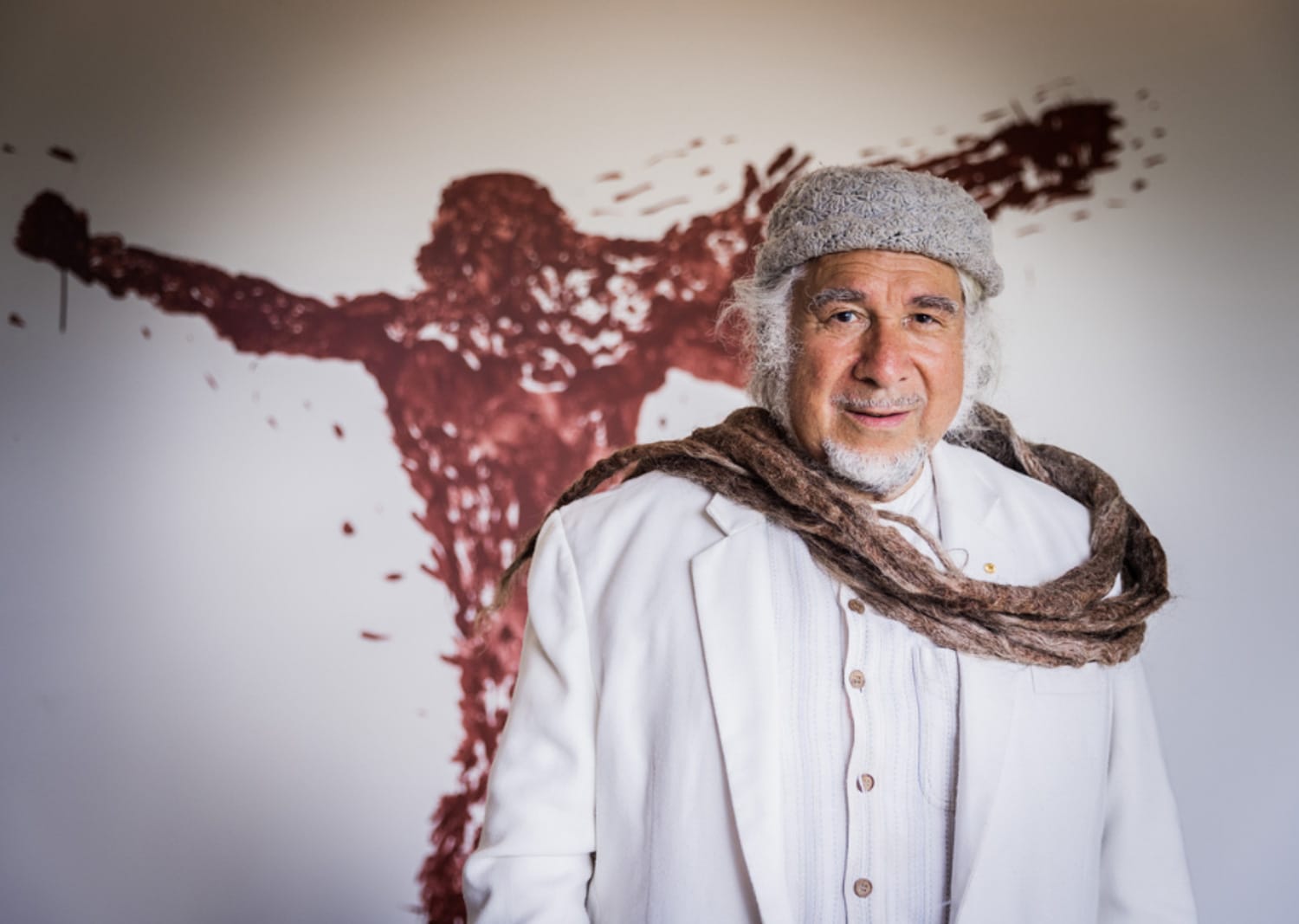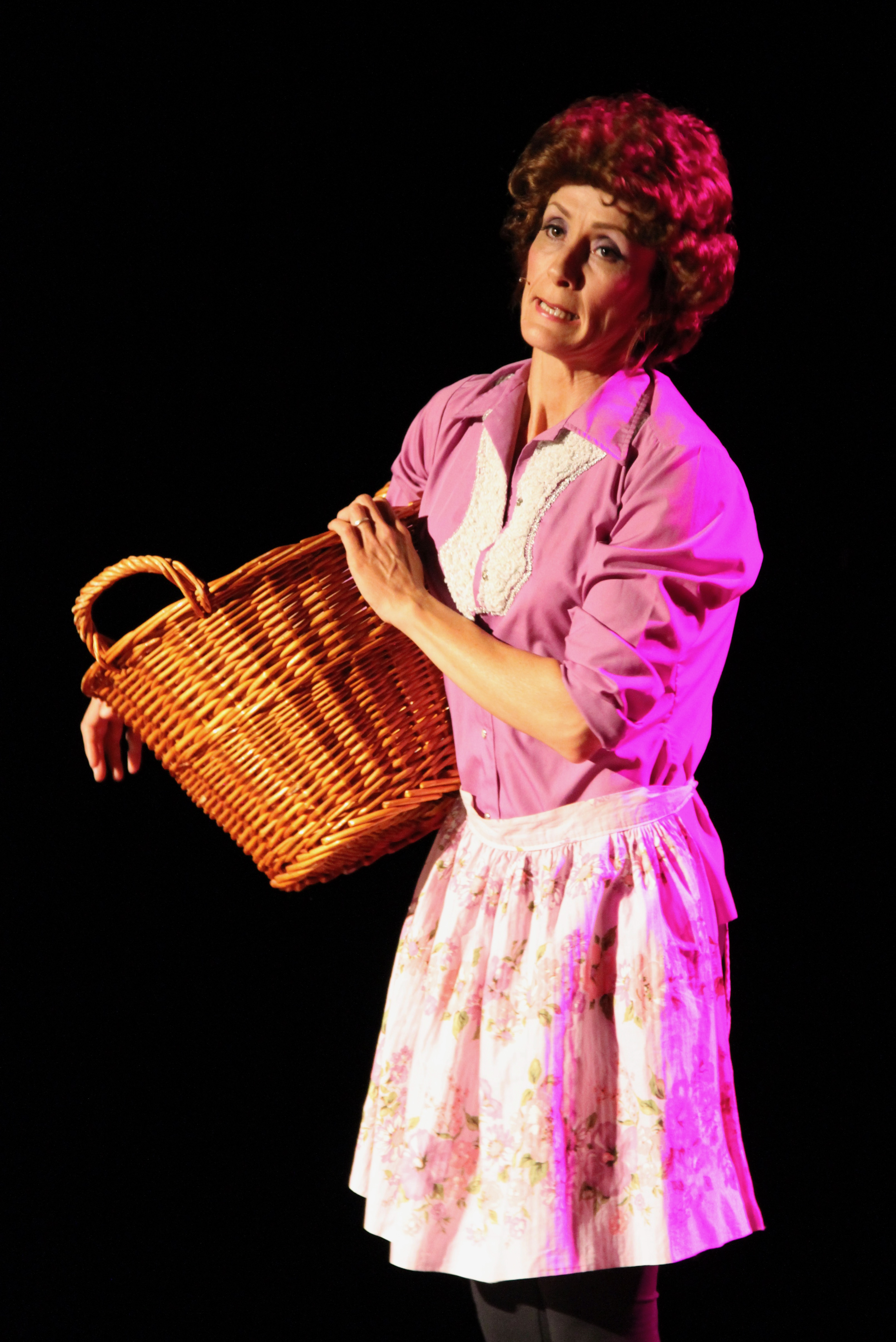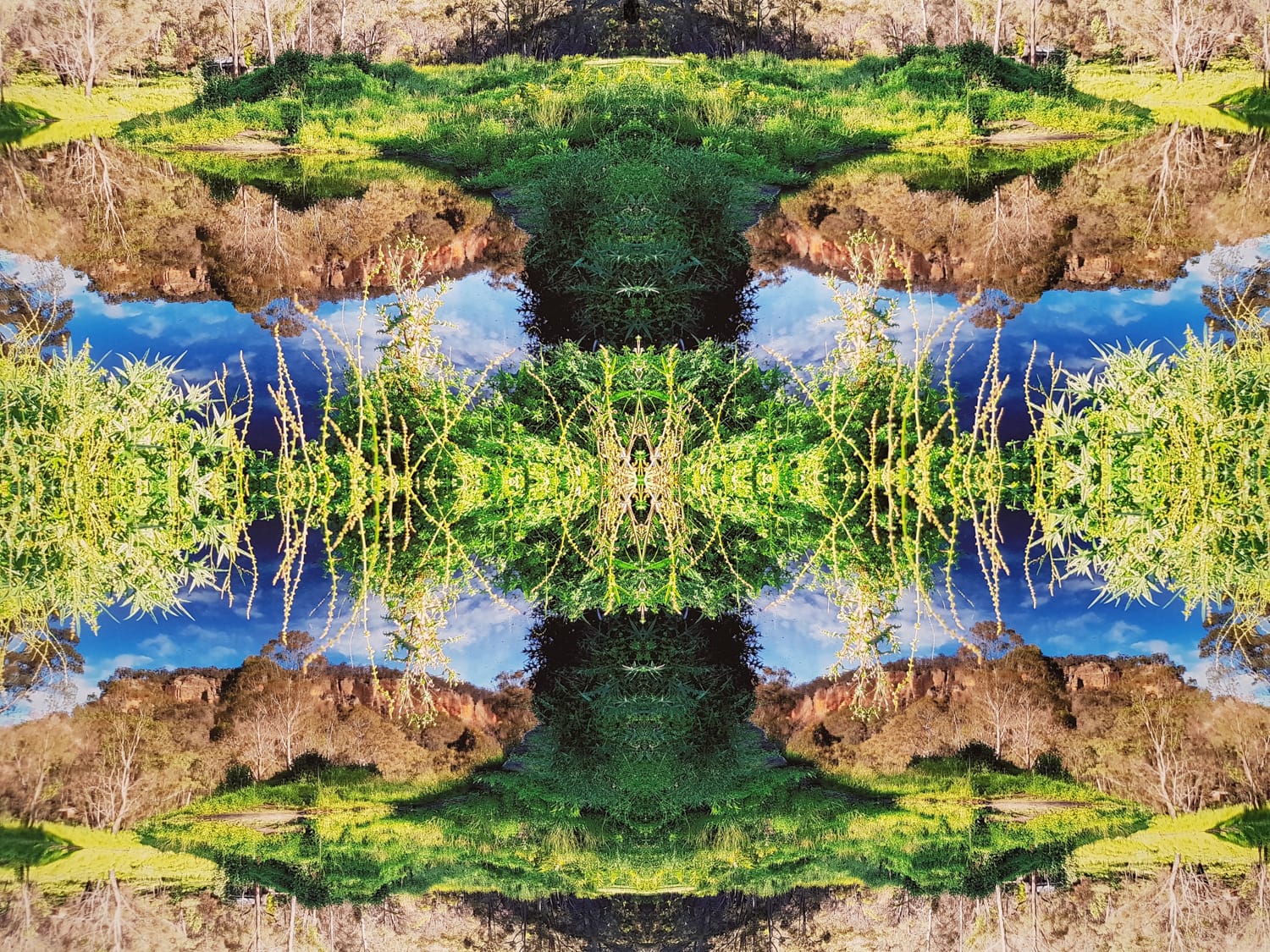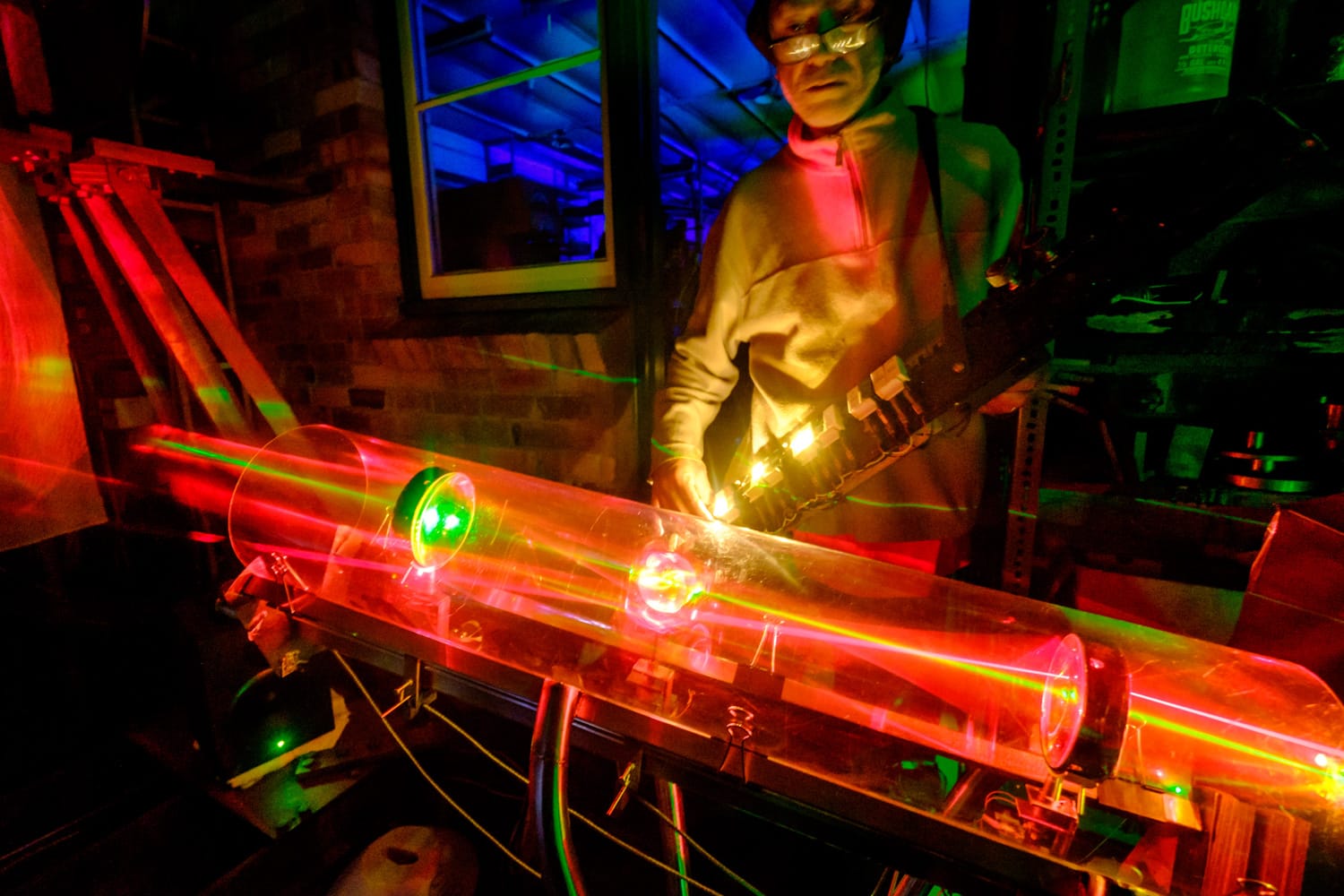Kandos School of Cultural Adaptation
Tour of Marloo with Stuart Andrews | 2017
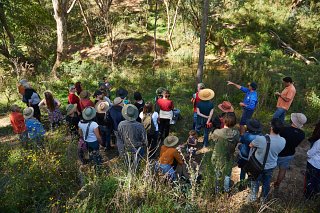
Tour of Marloo with Stuart Andrews. @
Saturday 8 April: Bus departs 9am from Buchanan Street, behind Kandos Community Centre Hall. Book online at Eventbrite or at C17 info booth. 60-seat limit. Cost: $20 waged, $10 unwaged, $10 local. Children free. Bus returns to Kandos approx. 11.45am. It’s a 10-min walk from the Marloo bus drop-off to the demonstration site. Wear sturdy footwear and bring hats and water.
bio:
Inspired by Ian Milliss’s ambitious vision for Kandos (presented during Cementa13), Kandos School of Cultural Adaptation (KSCA) was founded on the idea that if art can be defined as cultural adaptation, then anyone practising cultural adaptation can be considered an artist. KSCA has embarked on several projects including Futurelands2 (November 2016) and The Hemp Initiative with Gilbert Grace and Stuart Andrews. KSCA: Ian Milliss, Gilbert Grace, Laura Fisher, Alex Wisser, Diego Bonetto, Lucas Ihlein Ann Finegan, Christine McMillan. This project was made possible by the generous support of the Australia Council for the Arts.
statement:
A rare privilege: visit Marloo, the property of farmer and educator Stuart Andrews of Tarwyn Park Training. Andrews will demonstrate how he is rehabilitating severely degraded areas of Marloo to a fertile and water-retaining state by employing the principles of Natural Sequence Farming. This is a chance to hear firsthand from an innovative farmer what it means to practice sustainable, economically viable land management.
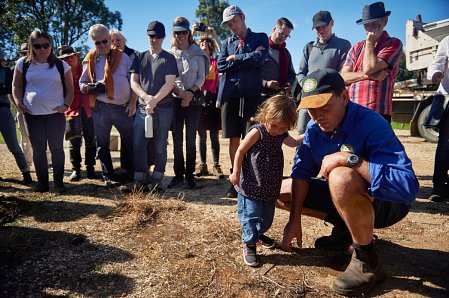
Disturbed | 2024

Disturbed. @ Paul’s Paddock
Disturbance: A natural event or human activity that disrupts and changes an ecosystem. Join KSCA as we gather, ramble and contemplate in a vacant paddock in Kandos. What will be the ecological and social outcomes of our time spent on this land? Through a series of interactive works and performances we will collectively examine our relationships with the plants, the landscape and each other. Who and what came before? What is happening now? And what will happen next?
bio:
KSCA creates environmentally focused, collaborative and socially-engaged art that reaches beyond the familiar context of galleries to contribute to real-world cultural change. Formed in 2016 in the post-industrial town of Kandos, Wiradjuri Country, its geographically diverse members have presented projects across many different urban, rural and regional communities and audiences. Past works have included the multi-year collaboration ‘An Artist, a Farmer and a Scientist Walk into a Bar’ and ‘Groundswell’ in Bingara, NSW; the Capertee Valley Hydrology Project’; Land Studio’, Futurelands 2’ and Waterland’. KSCA is a group of interdisciplinary practitioners including writers, geographers, farmers, educators, scientists and researchers. KSCA members participating in Cementa24 are Ian Milliss, Imogen Semmler, Diego Bonetto, Erika Watson, Peter Swain, Vickie Zhang, Leanne Thompson, Lucas Ihlein, Kim Williams, Laura Fisher, and Eloise Lindbeck.
statement:
We are drawn to social challenges and situations where cultural adaptation is not a choice but a necessity. We believe that artists offer a different way of seeing the world to help collaborators and audiences find pathways to change when they are feeling stuck in habits or limited by their discipline. Our practice is informed by curious and interdisciplinary collaboration, and through this process unexpected, hybrid and emergent art-forms are revealed. Our past artworks have included interactive exhibitions, workshops with games and puzzles, sculpture making field trips, performative meal experiences, hands-on farm tours and cross-disciplinary public forums. ‘Disturbed’ at Cementa24 forms part of our ongoing exploration of the theme succession within ecological science, Indigenous cultural knowledge and community resilience. It provides us with rich and compelling concepts to expand and challenge our practice around ideas of adaptation.
Paul’s Paddock

KSCA artists gratefully acknowledge Vicki Brooke as a project supporter

bio:
Kandos School of Cultural Adaptation (KSCA) was formed in 2016 by a group of people interested in the idea that art can be any activity that brings about cultural change. At the moment it has 15 members. KSCA works with people outside the arts (like farmers, scientists, planners, land custodians and entrepreneurs) in order to create useful bridges between different disciplines, and to foster cooperation between different communities. Their projects often involve grassroots experimentation and ‘learning through doing’. They are known for projects like ‘The Hemp Initiative’ and ‘An artist, a farmer and a scientist walk into a bar …’, and the events ‘Futurelands2’ in Kandos (2016) and ‘Groundswell’ in Bingara (2019).
statement:
Sometimes the most generative forms of culture - those that transform how people see and act in the world - are produced by people who don’t identify as artists and have no relationship to the art world. And we know that every area of society has a cultural dimension whether we are talking about farming, waste management, transport planning or data visualisation. The members of KSCA are interested in this question: what happens if we as artists work directly with those individuals who are driving cultural adaptation to create a better world, and applied our skills to the task of accelerating and spreading those adaptations?











